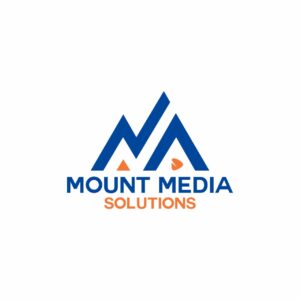
In today’s digital age, establishing a strong online presence is crucial for schools in Nigeria to thrive and attract prospective students. Digital marketing provides a powerful toolkit to amplify visibility, engage with the target audience, and highlight unique offerings.
Effective Digital Marketing Strategies for Schools in Nigeria
1. Comprehensive Website Development
A well-crafted website forms the cornerstone of digital presence. It should be visually appealing, user-friendly, and responsive across all devices. Essential information such as academic programs, facilities, faculty profiles, and admission procedures should be readily accessible. Regular updates with fresh content like blogs, news, and events help in maintaining visitor interest. Incorporating multimedia elements such as videos and virtual tours enhances engagement and provides an immersive experience.
2. Search Engine Optimization (SEO)
SEO is essential to ensure high search engine rankings. It involves optimizing content with relevant keywords, meta tags, and descriptions. Comprehensive keyword research helps in understanding search trends among potential students. Optimizing website structure, speed, and navigation coupled with creating high-quality, keyword-rich content boosts organic visibility and attracts relevant traffic.
3. Social Media Marketing
Social media platforms are powerful tools for engagement and community building. Schools should identify key platforms like Facebook, Instagram, Twitter, and LinkedIn based on their target demographic. Regular posting of engaging content such as school updates, student achievements, and testimonials fosters community and establishes authority in the education sector. Interacting with followers, responding to queries, and running targeted ad campaigns amplifies reach and engagement.
4. Content Marketing
Content marketing involves creating valuable content to attract and engage the target audience. Blog posts, articles, videos, infographics, and ebooks can address common concerns and showcase expertise. Tailoring content to resonate with prospective students, parents, and alumni helps in positioning the school as a thought leader. Consistent production of relevant content drives traffic, nurtures relationships, and enhances credibility.
5. Pay-Per-Click (PPC) Advertising
PPC advertising enables schools to display targeted ads on search engines and social media. Bidding on relevant keywords ensures visibility when potential students search related terms. Precise targeting options based on demographics, locations, and interests optimize ad effectiveness. Continuous optimization of ad copy, landing pages, and monitoring of campaign performance maximizes ROI and enhances visibility.
6. Online Reputation Management
Maintaining a positive online reputation is critical. Schools should actively monitor and manage reviews and ratings. Encouraging satisfied students and parents to leave positive feedback and promptly addressing negative feedback demonstrates commitment to quality education. Engaging in online conversations, participating in forums, and collaborating with influencers in the education sector builds credibility and enhances reputation.
Conclusion
Effective implementation of these digital marketing strategies empowers schools in Nigeria to attract prospective students, engage with families, and achieve long-term success in the competitive education sector. By leveraging websites, SEO, social media, content marketing, PPC advertising, and proactive reputation management, schools can showcase their strengths, build brand awareness, and drive enrollment effectively.

 Enpix quisque placerat vitae lacus ut scelerisque. Fusce luctus odio ac nibh luctus, in porttitor theo lacus egestas etiusto odio data center.
Enpix quisque placerat vitae lacus ut scelerisque. Fusce luctus odio ac nibh luctus, in porttitor theo lacus egestas etiusto odio data center.